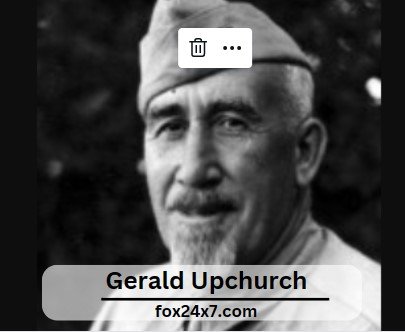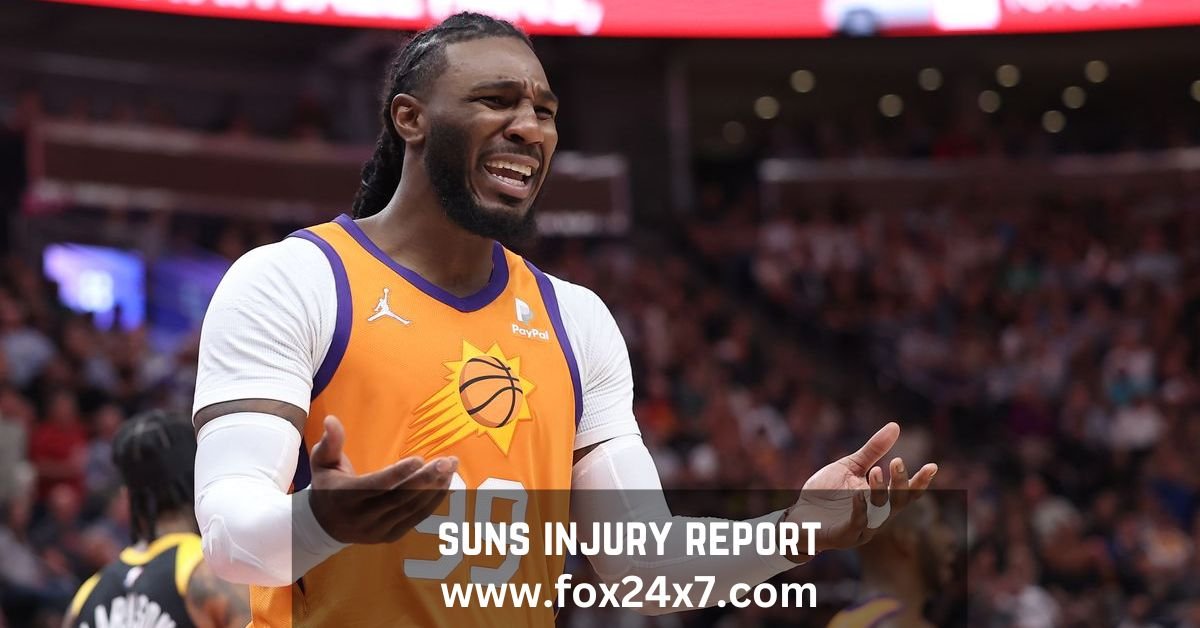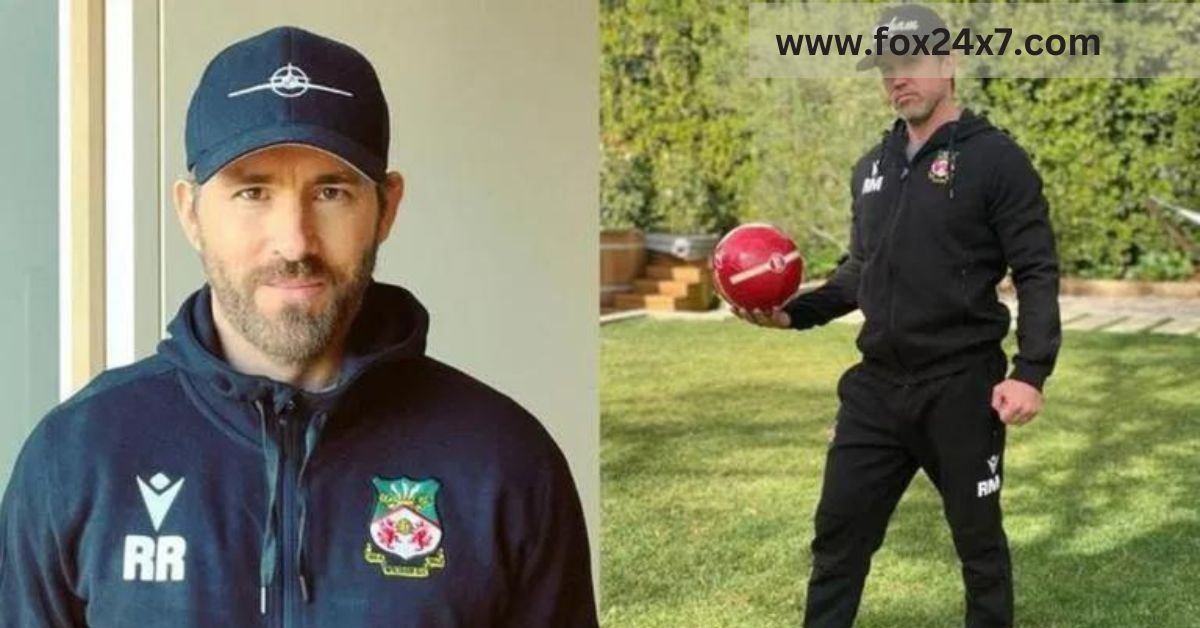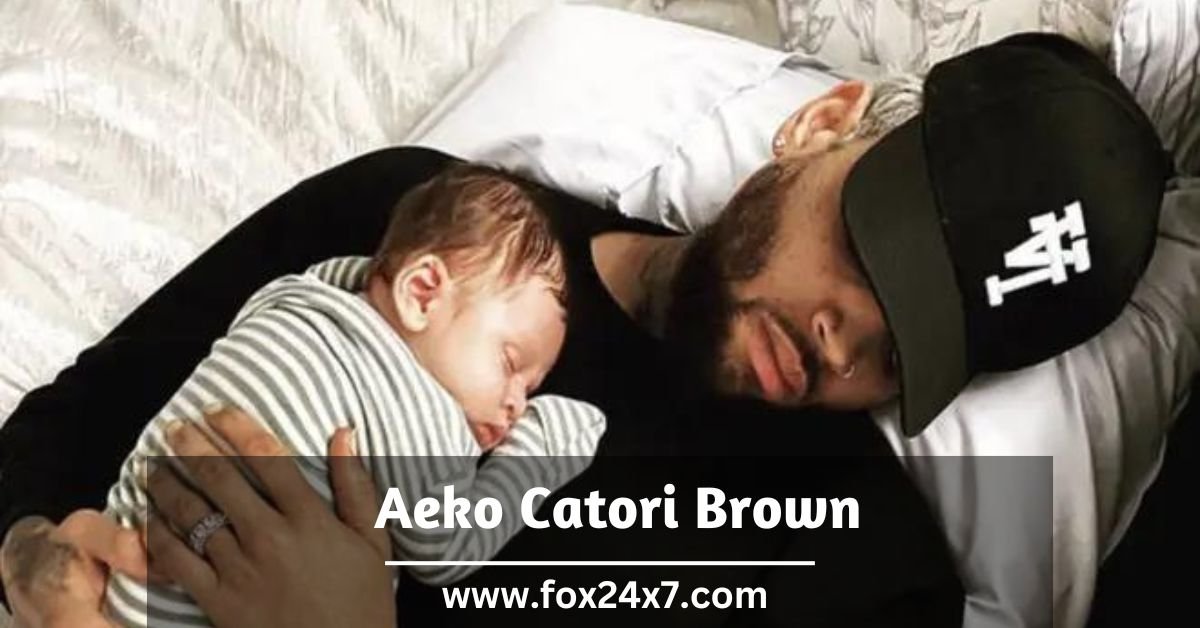 WHEN Tom Glavine, Pedialyte the star pitcher for New York Mets, won his 300th win on a hot, humid night last month he had a secret weapon.
WHEN Tom Glavine, Pedialyte the star pitcher for New York Mets, won his 300th win on a hot, humid night last month he had a secret weapon.
It wasn’t illegal. Pedialyte was safe enough for a baby to use. In fact, many babies do.
Mr Glavine consumed Pedialyte
Between innings, Mr Glavine consumed Pedialyte. This liquid is sold in drugstores alongside diapers and is intended to quickly rehydrate toddlers suffering from diarrhea. This neon-tinted fluid, available in grape and other child-friendly colours, contains electrolytes like sodium, potassium, and glucose. These are the main ingredients in most sports drinks.
Abbott Laboratories, which makes Pedialyte, has not made any marketing efforts. The over-the-counter medication with a teddy bear label has built a loyal following among amateur and professional athletes. This trend seems to have been started by long-distance runners sometime around the 1980s.
Athletes always seek an edge. Even the more macho athletes would rather be seen on the field with a Cadillac Escalade, than with a cuddly bear. Pedialyte, despite its cuddly name, continues to appear in locker rooms.
A secret formula for victory is possible, and athletes will attempt it if it’s legal.
The Minnesota Vikings’ head coach Brad Childress told The St. Paul Pioneer Press that it would be different if the players were drinking formula before the season. This was in reference to his players’ pre-workout preference for the baby elixir. Pedialyte can be found in US hospitals for hydration. It is not your ordinary sports drink.
Pedialyte is a staple in professional athletes’ kit bags. It can be found everywhere, from the beverage cart on Anaheim Ducks team flights during the 2007 Stanley Cup playoffs, to the training camps for the National Football League teams that started this weekend.
Amateur athletes have also found their way to the baby stuff. Gavin Banat (42), a Wayne Valley High School wrestling coach, discovered Pedialyte when he was struck down by stomach flu and found himself wandering around a convenience store in search of relief.
It was discovered by Mr Bannat that it could be used as a sports drink. He tried it during training for the Jay Challenge in Vermont (31.5 miles). Over the objections of his parents, he now recommends it for his teenage wrestlers.
Mr Bannat stated that it was meant for babies. “But they forget about the Gatorade
The kids can have a better electrolyte balance with Pedialyte. Children can train harder and recover more quickly.
Abbott doesn’t market Pedialyte to athletes or track its sales, but the company is aware that it can be used in locker rooms. According to Dr Keith Wheeler (a divisional vice-president for research and development at Abbott), he has done enough research so that he knows Pedialyte’s effectiveness in the field.
“If you take 300-pound N.F.L. Dr Wheeler stated that if you take a 300-pound N.F.L. lineman and place him in 95 degrees with 75 per cent humidity, “he will sweat out an equivalent amount of electrolytes to a child suffering from diarrhea.”
Pedialyte was first introduced to adult athletes in the 1980s, according to most observers. Pedialyte is more expensive than the original Gatorade because it has twice as much sodium and half the carbs.
“Probably the Ironman competitors and ultra runners were among the first to use it,” Monique Ryan, a nutritionist and author of “Sports Nutrition for Endurance Athletes”, said. “People started using them when there weren’t many products available to replace sodium.”
Pedialyte was a favoured sports drink among National Hockey League players by the late 1990s.
- The N.F.L. was formed in 2001 after Korey Stringer (a 370-pound offensive tackle) died of complications caused by heat stroke during Vikings training camp. To help players keep hydrated, the team added Pedialyte.
- Gatorade was aware. Darren Rovell (author of “First in Thirst”: How Gatorade Turned the Science of Sweat to a Cultural Phenomenon”) said that Gatorade Endurance was introduced in 2005 by the company. This mass-market drink has nearly twice the sodium as traditional Gatorade. Endurance was previously only available to elite sports teams. The Endurance product is now available at refreshment stations for runners in the New York City Marathon.
- Mary Doherty spokeswoman for Gatorade and denied that Gatorade Endurance was an answer to Pedialyte. She said that all of the innovation was the result of feedback from professionals across all college and professional team relationships.
- “They were expressing the need for a higher salt product.” Gatorade, which is owned by PepsiCo, boasts a large market share with over $5 billion in annual sales. Mr Rovell stated that the company would pay $45 million each year.
G2 is a new beverage
- G2 is a new beverage that has half the calories as regular Gatorade. It was introduced by the company on Friday. G2 will be sold in a different section than Pedialyte but both have the same characteristics.
- G2 is 25 calories per eight-ounce portion and can be used to ensure that athletes have enough salt in their bodies without giving too many carbohydrates for rest.
- Pedialyte is often praised by athletes for having a lower sugar content than Gatorade. Pedialyte has 24 calories per 8 ounces and costs $7.50 for a 24-ounce container. It is still debated whether it is more effective than Gatorade, or any other sports drink to increase the speed of a fastballer’s game.
- Bob Murray, director of the Gatorade Sports Science Institute, Barrington, Ill., said that Pedialyte was better for diarrhea than Gatorade. However, Pedialyte will not work on the field when people are sweaty and hot and need to get the most out of their bodies.
Murray stated that the main problem with Pedialyte was its insufficient carbohydrate intake to fuel working muscles.
Dr Wheeler from Abbott Laboratories stated that Gatorade contained too much sucrose (the wrong type of carbohydrate) to effectively hydrate athletes. This statement was contradicted by Mr Murray, who said it in a telephone interview.
Although the scientific debate may be difficult to resolve, Dr Amy DeFelice is an associate professor of clinical Pediatrics at Morgan Stanley Children’s Hospital in New York-Presbyterian. She regularly prescribes Pedialyte for athletes, as long as they have normal kidney function.
Abbott does not plan to market Pedialyte Endurance, or to pitch their product directly to athletes, regardless of the testimonials they receive.
Even if Abbott changed its strategy, Pedialyte could be difficult to sell to consumers who are not only concerned with performance but also with taste. This is, Mr Bannat acknowledged, one of Pedialyte’s strengths.
He said that it tasted “like chalk dust.”
Also, Read








![Buying the Dip: The Meaning And Its Importance [Markets Strategy] Buying the Dip](https://fox24x7.com/wp-content/uploads/2021/11/Buying-the-Dip--180x135.jpg)

























